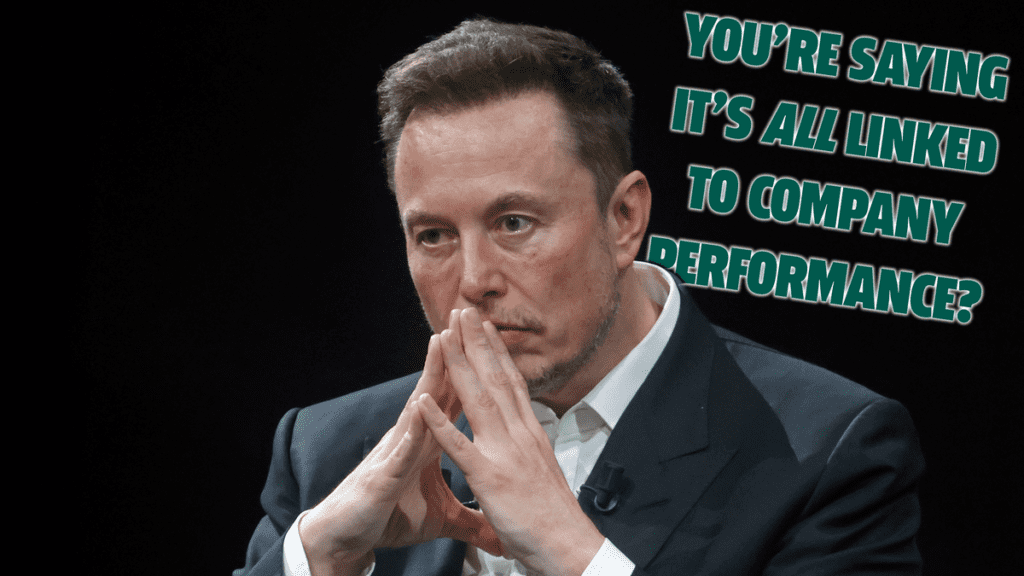Elon Musk Doesn't Understand CEO Pay

Elon Musk loves nothing more than hopping on the social network he’s working to destroy and posting weird, uninformed nonsense — the vaguer the better, lest he let slip too much and reveal that the emperor is in fact not only naked, but dumb as rocks. It’s a delicate tightrope performance, one that Musk is deeply bad at. Usually he does this about international politics, disease spread, or his own companies, but his most recent blunder comes from an area he should know well: Executive compensation.
Tesla’s Cybertruck Is Really Late to the Electric Party
On Monday, Musk tweeted — sorry, posted on X — about Lucid CEO Peter Rawlinson’s pay. In response to a tweet calling Rawlinson “the highest-paid automotive CEO in 2022,” Musk gave a dire warning to his followers: “Beware any company where leadership compensation is not linked to performance.” There’s only one problem: Rawlinson’s pay is linked to performance.
Lucid, like many (though not all) companies, likes to stay on the SEC’s good side. Its regulatory filings are readily available on the commission’s website, including what are known as 14A proxy statements — documents that lay out, among other disclosures, how a company’s executive pay works. In Lucid Group’s 14A proxy statement for 2023, Rawlinson’s pay structure is clearly laid out: A base salary of $575,000, plus annual cash incentives of up to another $575,000 based on company performance.
That base salary may be higher than Musk’s famed zero-dollar base pay, but Musk’s entire compensation package from Tesla is unique — we’re not here to compare apples to the world’s richest oranges. The better question is, how did Rawlinson turn a salary-plus-incentive payout of $1.15 million into that chart-topping $379 million number? There are some extra bonuses for performance mentioned, but it seems the real money comes from a deal made way back in 2021.
Back in March of 2021, Lucid Motors was bought out by Churchill Capital Acquisition Corp IV — a special purpose acquisition company, the hot new way to get your startup on the Nasdaq. The newly-merged company was renamed Lucid Group, and Rawlinson got a pretty sweet deal out of it. He has 13,834,748 units of stock in Lucid Group that vest in stages over the course of four years, as well as 16,024,411 shares of the company that vest in five tranches based on company performance. Specifically, those performance-based stock vests are tied to Lucid Group’s market capitalization — its overall value on the stock exchange. In 2022, Lucid Group hit four of the five goals for market capitalization, and Rawlinson banked 13,934,272 shares of the company’s stock in return. That comes out to $95,171,077.76, based on Lucid Group’s share price on the last market day of 2022 — before the salary, the other stock options, and the salary-based performance incentives.
So, as is so often true, Musk is wrong. Rawlinson’s pay is directly tied to Lucid’s performance, both through the salary-based incentives and the tranches of shares that release based on market capitalization. Musk would even have known that most of Rawlinson’s pay came from stock if he’d bothered to read the article to which he was replying — but, alas, he likely doesn’t have time for little things like that. He’s much too busy… suing the ADL? Oh, christ.



